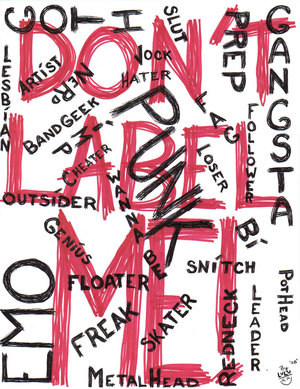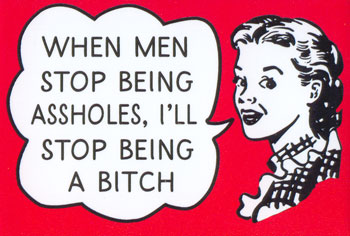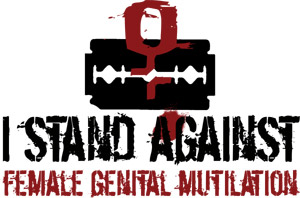It was meant to be balm for the injured ego, but to be honest, this book quite frustrated me.
By 'frustrated', I don't mean that the style was complicated or the language completely foreign, in itself the language is uncomplicated and easy to read. In terms of style, it is certainly lighter than Lolita or The Scarlet Letter -- there's less difficulty with a lot of complicated imagery and old english. However, I don't know whether this is due to the clunky translation of the original but the prose just reads...weird.
I'm not much of a dialogue fan, heck, I'm not good at critiquing dialogues chiefly because I can't write dialogues myself and know absolutely nothing about the art of dialogue-writing ( should such a thing exist) but being the opinionated little bitch I am, I just have to launch this polemic.
Most of the dialogue in Kafka on The Shore (up to the point I've read page 197) seems stilted, almost forced to me, kinda like those lessons in the Lit room where Mr Ahmad would ask our opinions on a poem: "How do you think the metaphors in the poem contributes to the message of the poem? Class?" and everyone keeps surprisingly quiet, until a few students decide to sacrifice themselves and stop the pointless silence. But that's not the point. The point is, the whole book is filled with such discussions: Oshima, the librarian cum informal guardian of Kafka would ask him his opinion of something - be it Schubert's music or a book entitled The Miner or dear old Franz Kafka himself whose works have tormented many literature students, past and present; and Kafka (not Franz) would give a analysis/reply and they'll go back and forth, contemplating on the meaning of life love existence perfection
.
Yes, I know at thi spoint I sound like a loquacious little girl with a vacuous mind and too-large mouth, and I have nothing to say to defend myself. This is, after all, my observations from my first reading.
My next peeve: what the heck is with all the description of food? Murakami goes to such length to inform us of what Kafka eats for breakfast, lunch and dinner, how he prepares it (thank God Kafka prepares regular toast and eats out often, and he can't cook something as complicated as creme brulee). Is this really absolutely necessary? How is this useful to the reader? I get the feelin I'm supposed to be appreciating his work now and trust me, I am trying to find out why his prose is considered 'spectacular'. Some reviews I've read of this book are filed with nothing but praise of Murakami's genius, and how the attention to food is supposed to represent some sort of contrast: the contrast between the magic realism of the book (now this part I get, magic realism) and the mundane ordinariness of life, keeping the fairytale myth down-to-earth and very modern, but come on! Do you honestly have to delineate exactly what Kafka does every single bloody moment of his life, from doing morning exercises to reading a book, from what he eats in the morning when he wakes up ("open a box of crackers and have a few with cheese" and later "Back at the cabin I cook ham and eggs in the frying pan, make some toast using a metal net and heat milk in a small pan to wash down my meal." -page 179.) Is there some special significance in the food? Is it some sort of symbol?
I wonder how the critics would explain away Kafka's devotion and obsession with washing his genitilia, masturbating (occasionally) and examining his penis.
And those passages weren't exactly implied, or made into beautiful prose-poetry like in Lolita where if you didn't have a very dirty mind, you wouldn't get what the heck Humbert Humbert was doing when he describes the moment of ecstacy and fondling Lolita. Oh no, these passages read more like soft porn, straight to the point, but happily it wasn't very detailed, not as detailed as those romantic novellas I discovered in my mum's cupboard the other time and had the misfortune to read.
So this book was supposed to be a modern retelling of the Oedipus myth. Fine. The Oedipus myth was one of fate and sexual alliances. So maybe that could account for the overt sexual displays in the book. So he feels sexual desire for his mother and his sister. But -reverting back to my original stance- you don't really have to describe how you wash that damn appendage, how it feels, its colour right! God! I felt like such a pervert reading those lines!
Maybe, all in all, I'm just not used to the Japanese way of storytelling. After years of exposure to english literature by english writers, I suppose I'm more or less too used to their way of expression and style. The English way of telling stories is more subtle, and characters do not express their feelings or pour out or their emotions at the drop of the hat, unlike Japanese characters. It's more implicit in English novels. Even in Frankenstein, a decidedly dark and passionate novel, where there were quite a few passages of 'confessions' -such as the little tete a tete between monster and creator, the feelings were more or less implied, hidden in the litany of words and exchanges and actions.
ugh. Have a headache.
You may say I'm immature, but the one thing that really disconcerted me is the repeated mentions of his penis.
Shall try to finish the book and see if my perception of it has changed.





